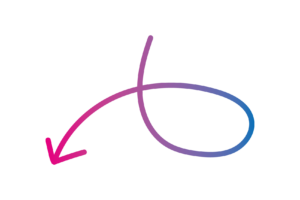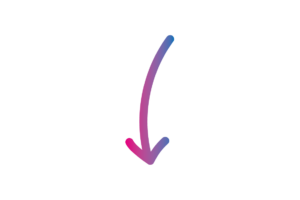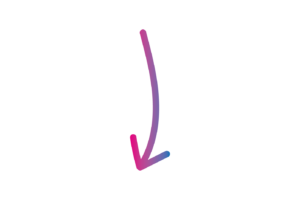section-c5fbd49
We will bring to the educational market
user-friendly description of generations X, Y , Z behavior in work teams
tailored development program for each of the generations
innovative methods of communication and cooperation of generations in work teams
online platform, including best practice and digital tools
higher sensitivity of generations to positive values and attitudes of other generations on the job
effective exchange of experience and know-how between generations in work teams

Project result 1
Analysis of the target group
The main result will be the knowledge of the needs not only of the target group, but also the employers (the needs of the labour market) and the description, best practices, case studies of the topic of intergenerational cooperation in EU and our national environments. We will know the needs of the target groups, employers and the current state what works best in our national environments. The particular steps of the analysis will be:
1. Desk research in each partner country finding out the current data in intergenerational context
2. Benchmarking report comparing the needs from partner country
3. Online survey with HR experts focused on the needs of the labour market
4. Focus groups with HR experts focused on deeper discussion on the needs of generations
5. Interviews with the members of generations finding out the specific needs and attitudes of all generations
6. Across GENerations Curriculum

Project result 2
Methodology GENerations X/Y/Z
Based on the analysis, the values and needs of each generation will be specifically described. The description will focus on the behavior of generations at workplace. We will describe the strengths and positive values of generations as well as weaknesses and challenges. The description of each generation will be based on the development program scenario for each generation. The development programs will include topics and training methods, specific for each generation. In order to enable an effective dialogue between generations, our next objective is to create a tool for intergenerational interaction. This tool will make possible to share experiences and communicate about the key values between generations.
The main result will be a comprehensive innovative approach to the effective development of employees of generations X, Y and Z. It has 4 components:
1. Description of the attitudes, values, habits, specific development needs GEN X, Y and Z
2. Development programs for each generation
3. Tool for sharing experience and values across gens
4. Train the trainer methodology
All 4 parts of the approach are characterized by simple and user-friendly language and practical applicability in the development of people of different generations in their work environment.

Project result 3
AcrossGEN learning experience platform
We will create AcrossGEN online learning platform focused on the transfer of the learning content to the online environment with the use of the digital tools. Digital tools and methods will increase the attractiveness and interactivity of the study and make the whole methodology amazing and effective for all potential users.
1. Analysis of needs Across GENerations - national reports, benchmarking report, conclusions
2. Across GENeration Curriculum - syllabus
3. Complete methodologies for generations X/Y/Z in the format of e-books
4. Complete methodology for intergenerational cooperation - in the format of syllabus and e-book
5. MOOC with the learning content and validation of the skills
6. Interview videos with the members of all generations and partner countries
7. Microlearning - short videos concerning the best practices and mentoring
